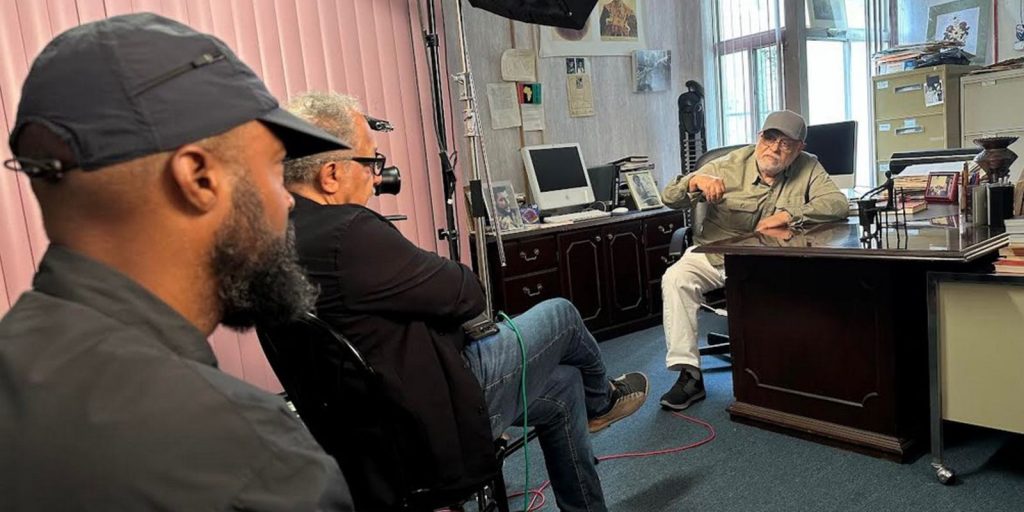They distorted the words of Evo Moralesor at least that argument is trying to be imposed by his followers. It is true, no one escapes the expressive difficulties of the former president. However, it is also necessary to recognize the communication skills of the coca grower leader, especially when it comes to becoming a victim of discrimination or injustice. In those moments, Evo is talkative, with the ease necessary to focus on details and stories that will highlight the leading figure that he has worked on for years.
In the age of stories, the truth is postponed. The political communication expert David Redoli reflects it from a contradiction. “More than adapting to reality, we adapt reality to our beliefs,” summarizes one of the modern dilemmas of journalism. Simply put, polarization varnishes reality. Spokespersons and political actors do not pursue the truth to come to light. Their new role, well advised by political marketers, is to impose a partial story so that it is accepted as the only truth.
How to convey the truth in this clash of stories? That is part of the mission of today’s journalism. As informants, we access sources to recover data and testimonies that we later upload to our platforms. We also look for impartial sources that, free of prejudice, can paint reality in the most objective way. Therefore, by not falling into the game of self-serving stories, the media and independent journalists have become an enemy of political conflict.
















